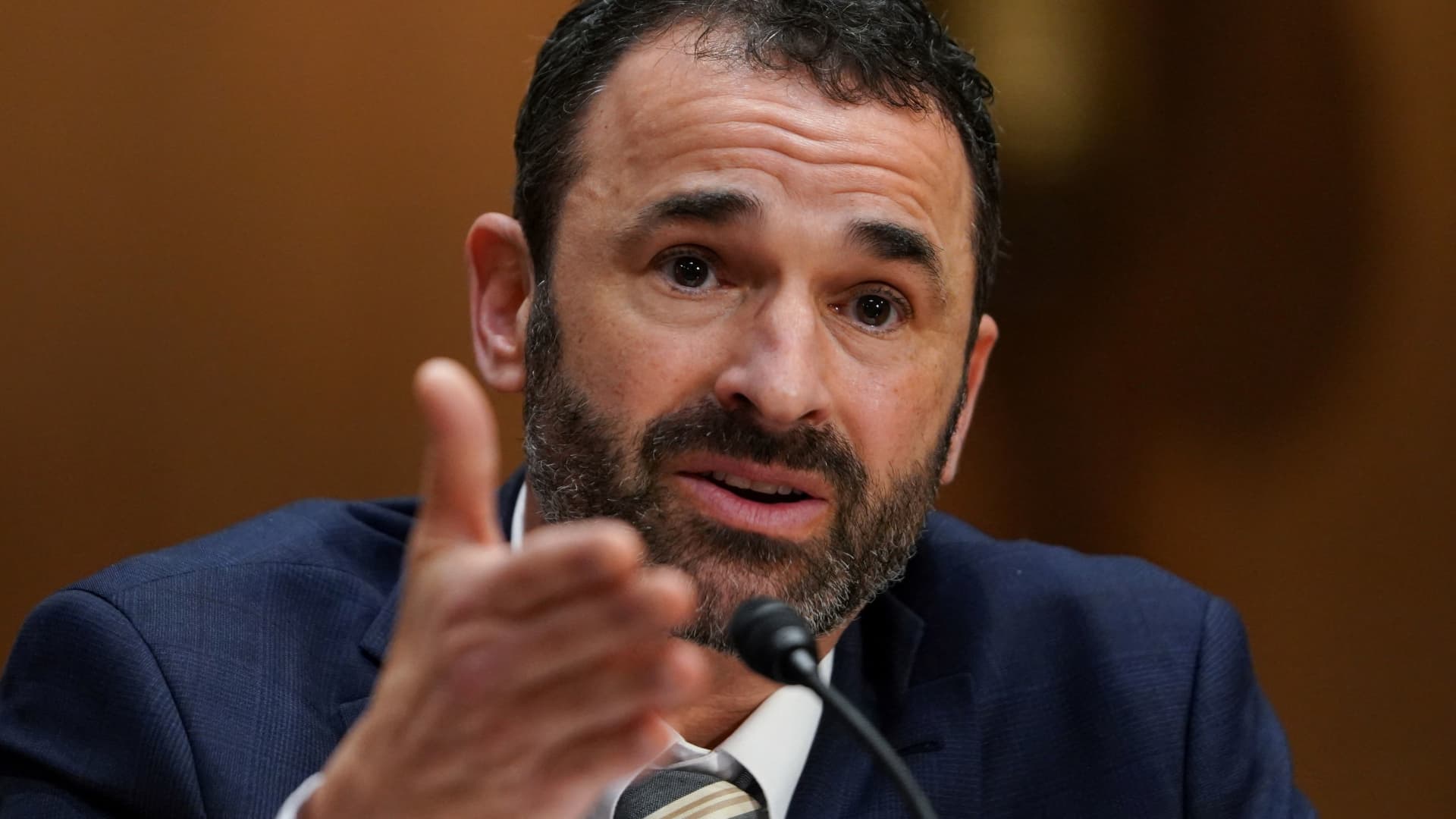Scrutiny of a pandemic-era tax credit intensified this week as lawmakers, the IRS and tax professionals sought solutions for the wave of small businesses that wrongly claimed the tax break.
The employee retention credit, or ERC, was enacted in 2020 to support small businesses affected by shutdowns during the Covid-19 pandemic and is worth thousands of dollars per employee. There’s still time for eligible businesses to amend returns and claim credits, which has sparked a cottage industry of firms, known as “ERC mills,” pushing the credit to businesses that may or may not qualify.
“While it was a great opportunity and much-needed lifeline to small businesses, it is fraught with fraud,” said Roger Harris, president of accounting and tax firm Padgett Advisors, speaking at a House Ways and Means Committee hearing Thursday.
More from Personal Finance:
IRS halts most unannounced visits to taxpayers
IRS weighs guidance for employee retention tax credit
How to know if your business qualifies for the employee retention tax credit
“Any time this amount of money is being handed out through the tax system, the bad actors show up, and they have shown up in large numbers,” he said.
As of July 26, the IRS said, it had roughly 506,000 unprocessed Form 941-X amended payroll tax returns.
As the IRS works through its backlog of unprocessed amended returns, it’s unclear how many small businesses may have wrongly claimed the credit. But a future audit “could ruin them,” according to Harris.
The IRS has received more than 2.5 million ERC claims since the beginning of the program, but processing has slowed due to the “complexity of the amended returns,” according to the agency.
“The joy of getting the money could very quickly be replaced with the terrifying reality that because you weren’t eligible, you could be put out of business because of the amount of money you now owe back to the federal government,” Harris said.
The true ERC claim backlog may be significantly higher because of professional employer organizations, or PEOs, which provide payroll benefits and other HR services, according to Pat Cleary, president and CEO of the National Association of Professional Employer Organizations, who also testified at the House hearing. That’s because a single PEO claim can represent many small businesses.
IRS says legitimate ERC claims are declining
The IRS has issued several warnings about “ERC schemes” and added the issue to the top of its ”Dirty Dozen“ list of tax scams for 2023. This week, the agency said it has “increased audit and criminal investigation work” in this area.
“The further we get from the pandemic, we believe the percentage of legitimate claims coming in is declining,” IRS Commissioner Danny Werfel said at the IRS Nationwide Tax Forum in Atlanta this week. “Instead, we continue to see more and more questionable claims coming in following the onslaught of misleading marketing from promoters pushing businesses to apply.”
The further we get from the pandemic, we believe the percentage of legitimate claims coming in is declining.Danny WerfelIRS Commissioner
Currently, small businesses have until April 15, 2024, to amend returns for 2020 and until April 15, 2025, to amend returns for 2021. “That raises future concerns,” and the agency is weighing an earlier end date, Werfel said.
Tax professionals need a ‘real-world solution’
Meanwhile, questions linger for tax professionals fielding questions from small businesses about ERC claims.
“As practitioners, we need guidance,” Larry Gray, a certified public accountant and partner at AGC CPA, said in written testimony for the House hearing. “We need guidance to be able to show our clients clearly why they do or do not qualify.”
He said ERC specialists help companies amend payroll tax returns, but aren’t amending income tax returns to reflect the change, which sends clients back to him.
What’s more, “claiming the credit and correcting the tax return are likely not done by the same people,” since many tax professionals don’t handle payroll tax returns, Gray said.
Harris stressed the need for a “real-world solution” for small businesses that wrongly claimed the credit because “there’s no way in the world we’re going to audit our way out of this problem.”
